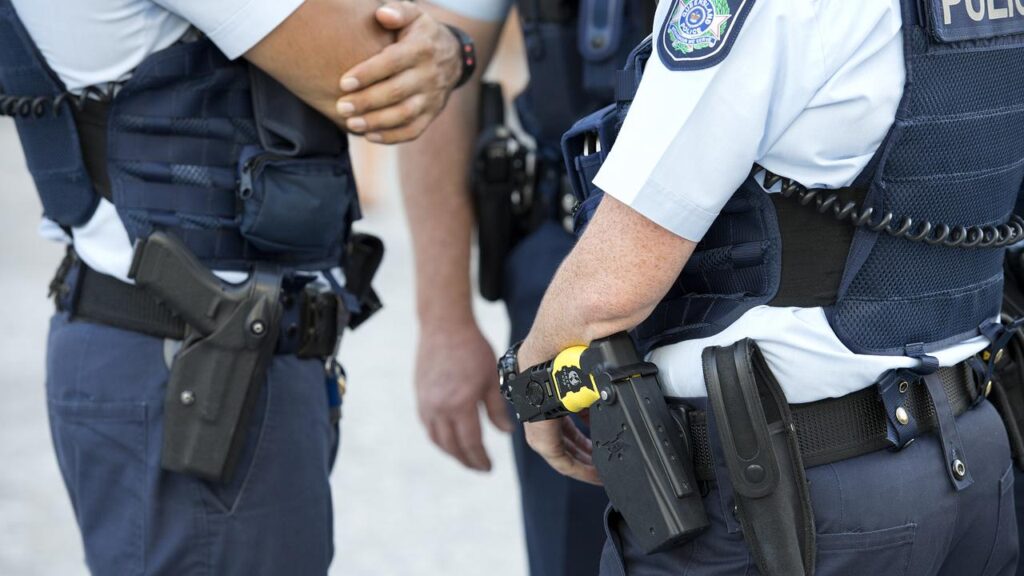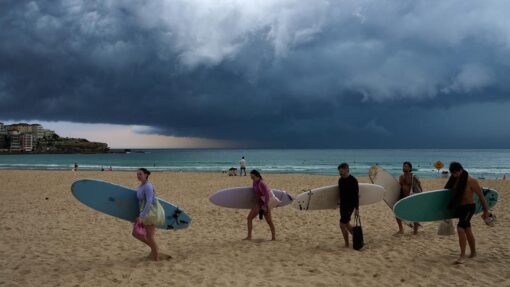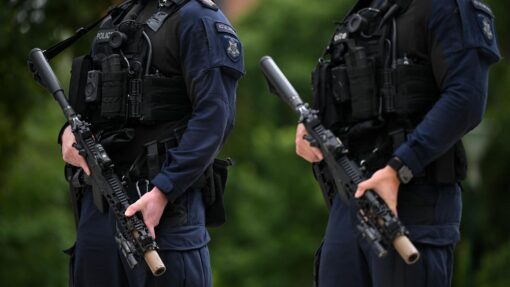Fears new domestic violence police powers may backfire
Fraser Barton |

There are fears sweeping news laws designed to tackle domestic violence may backfire and misidentify victims as perpetrators.
Violence victims will be given fast-tracked police protection in Queensland for up to 12 months under legislation tabled to parliament on Wednesday.
Officers will have powers to issue immediate police protection directions, which is also hoped to reduce trauma through exposure to the courts.
The state government says the laws are urgently needed and have safeguards to protect against misidentification.
Queensland Council of Social Services said police were regularly misidentifying perpetrators in domestic violence incidents.
“That has been borne out in the police commission of inquiry, also the Death Review Board that looked at cases and found a large number where women had died and they had been misidentified as the perpetrator,” CEO Aimee McVeigh said.
“Our own sector … we have countless case studies of women who have called out for help and who have, in the end, been identified as the perpetrator and not been provided with the protections that they need to ensure their safety.”

The service believes more victims of crime and victim-survivors of domestic and family violence will be criminalised under the laws.
People who break the laws could face up to three years in prison.
“This is about giving police the tools that they need to ensure that more victims are protected, that victims are protected in a timely manner, and that perpetrators are held to account,” Domestic Violence Prevention Minister Amanda Camm said.
She said the government was aware of concerns about misidentification.
The legislation included safeguards such as rules on when the new powers could be used, particularly when dealing with Indigenous people and where children were involved, Ms Camm said.

“We’ve heard loud and clear from both victim-survivors as well as the sector their concerns about misidentification,” she said.
“But what we can’t do is continue down the path of doing nothing. We need change.”
Part of the new laws include GPS monitoring of 150 offenders under a pilot program from July 1 – a Liberal National Party election promise in 2024.
The reforms are supported by Lloyd and Sue Clarke, whose painful family journey has already triggered landmark legislation in Queensland.

In February 2020, their daughter Hannah Clarke and grandkids died when her estranged husband set them on fire in a car.
Queensland became the second Australian jurisdiction to pass laws that criminalise coercive control following the horrific killings.
Those laws take effect on May 26.
“It should have been a line in the sand when we lost our family,” Ms Clarke said.
“We should not have any more murders happening and this, hopefully, may help to slow it down.”
1800 RESPECT (1800 737 732)
Lifeline 13 11 14
AAP


